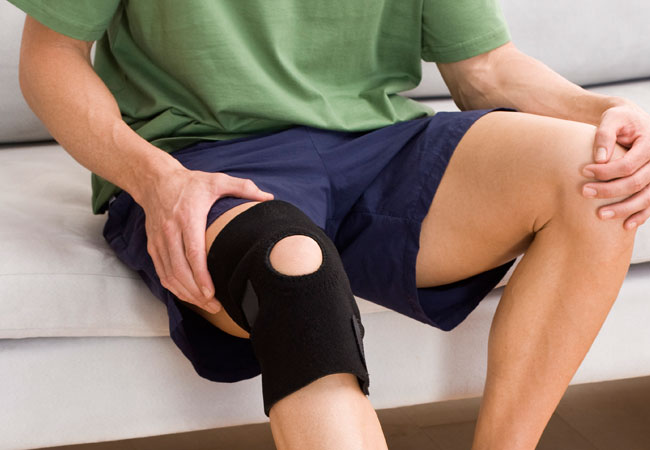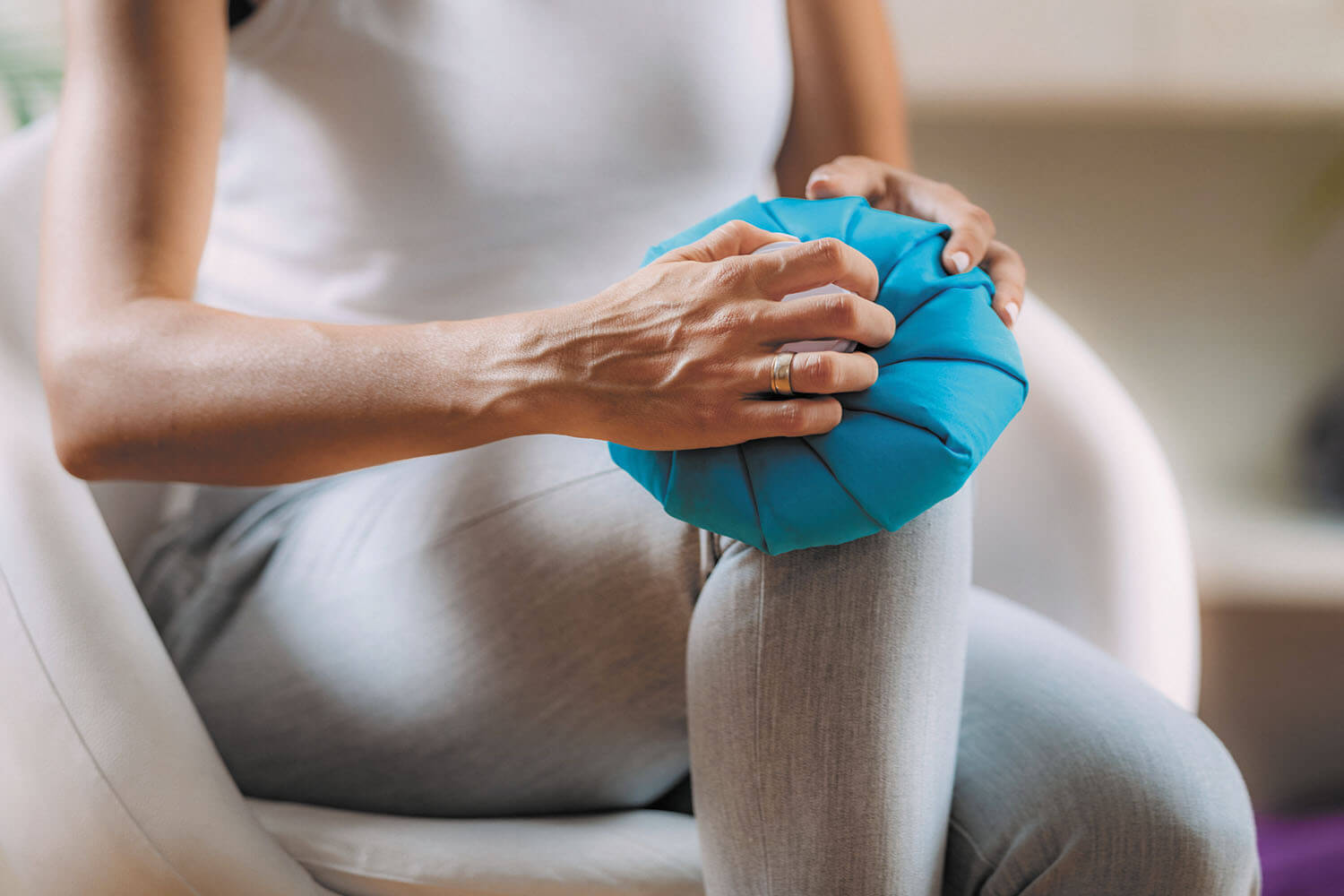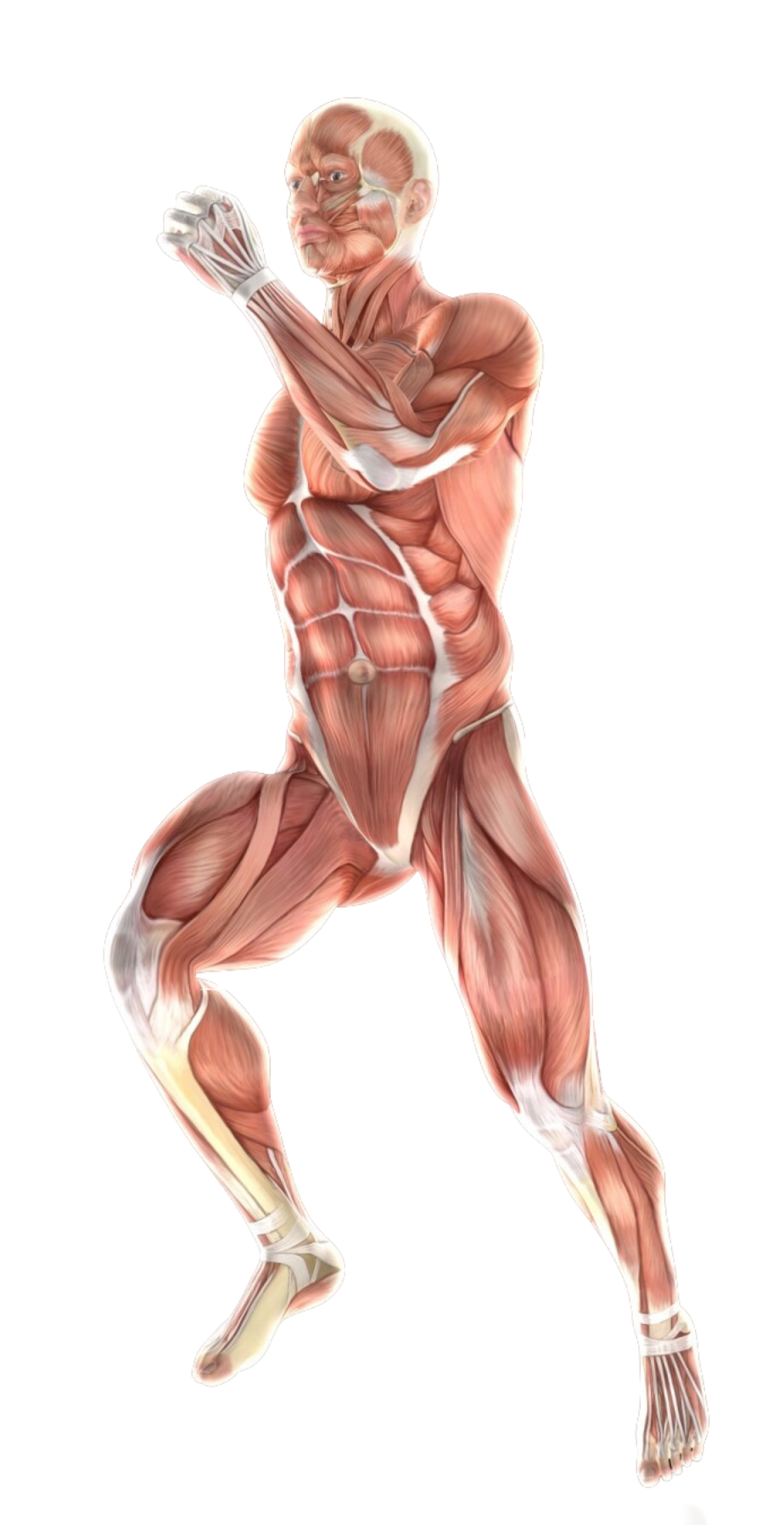- #11-13 Mount Elizabeth Medical Centre (Orchard)
- Mon Fri 9am — 6pm | Sat 9am — 12.30 pm
Knee arthritis is a degenerative condition that gradually damages the cartilage cushioning the knee joint, leading to pain, stiffness, and reduced mobility. Early diagnosis and a structured treatment plan can slow its progression, support joint function, and enable individuals to carry out daily activities more comfortably.
Knee
Knee arthritis is a common condition that affects millions of people around the world. It refers to the wear and tear of cartilage, the soft, cushioning tissue that covers the ends of bones where they meet in the knee joint. This degeneration can cause pain, stiffness, and swelling, affecting your mobility and overall well-being.
The knee joint is a complex structure that includes bones, cartilage, ligaments, tendons, and fluid-filled sacs (bursas). Cartilage acts as a shock absorber, allowing the bones to glide smoothly during movement.
The following signs and symptoms are commonly observed with knee arthritis:

As the cartilage wears down, the bones begin to rub against each other, causing pain and inflammation.
The body’s attempt to repair damage can lead to the formation of bone growths (osteophytes), also known as bone spurs, around the joint, further restricting movement.
Osteoarthritis is the most common form of knee arthritis and is often linked to age-related wear and tear. Over time, the cartilage cushioning the knee joint becomes thinner and breaks down, causing the bones to rub against each other. This friction results in pain, stiffness, swelling, and reduced mobility. Osteoarthritis usually develops gradually and may worsen over the years, particularly in individuals with risk factors such as obesity, repetitive strain, or previous knee injuries.
Rheumatoid arthritis is an autoimmune condition in which the body’s immune system mistakenly targets the lining of the joints, called the synovium. This inflammatory process can affect both knees and may also involve other joints. Over time, rheumatoid arthritis may lead to persistent swelling, warmth, and joint deformity. Unlike osteoarthritis, which results mainly from mechanical wear, rheumatoid arthritis has an immune-mediated cause and often requires early medical management to reduce long-term joint damage.
Several factors can contribute to the development of knee arthritis:
While anyone can develop knee arthritis, certain factors can increase your susceptibility:
These activities place repetitive stress on the knee joint.
Activities such as football, basketball, and long-distance running can increase the risk, especially with improper training techniques.
Weak quadriceps and core muscles cannot properly support the knee joint, causing increased stress on the cartilage.
Diagnosing knee arthritis typically involves a combination of clinical assessment, medical imaging, and laboratory testing. Doctors review symptoms such as pain, stiffness, and swelling while also considering medical and family history. Imaging studies like X-rays can indicate the extent of cartilage loss and bone changes, while blood tests and joint fluid analysis may help rule out other conditions or identify autoimmune factors.
A comprehensive review of symptoms, previous injuries, and family history, coupled with a thorough examination of the knee joint’s physical condition, including swelling, tenderness, and range of motion.
Testing for specific genetic markers or rheumatoid arthritis (RA) antibodies in the blood can help identify underlying autoimmune factors contributing to knee arthritis.
Utilising X-ray imaging to assess the extent of cartilage loss and bone damage within the knee joint, providing valuable insights into the severity of arthritis.
Drawing out and analysing synovial fluid from the knee joint through joint aspiration helps detect signs of inflammation and rule out other possible causes of knee pain, aiding in the accurate diagnosis of arthritis.

Several treatment options can help control pain, improve mobility, and slow the progression of the disease. These options include:
Injections may be recommended when conservative treatments such as exercise, physiotherapy, or oral medication are not sufficient to manage symptoms. Two main types of injections are used for knee arthritis:
The recovery time for knee arthritis depends on the severity of the condition, the chosen treatment approach, and individual factors. Typically, non-surgical treatments can provide noticeable improvements within weeks to months with consistent effort. However, managing knee arthritis is an ongoing process, and individuals might need to adapt their activities and continue specific exercises or therapies to maintain mobility and function in the long term.
Remember, early diagnosis and management of knee arthritis are crucial to slow the progression of the disease and maintain a good quality of life. Consulting a healthcare professional for proper diagnosis and a personalized treatment plan is essential for effectively managing knee arthritis.
Maintaining a healthy weight through a balanced diet and regular exercise reduces strain on the knees and lowers the likelihood of arthritis development.
Regular physical activity helps maintain joint flexibility, strengthens the muscles surrounding the knee, and promotes overall joint health.
Certain supplements, such as glucosamine and chondroitin, are sometimes taken to support joint health and may slow arthritis progression. Some studies suggest they can ease mild symptoms, while others report little benefit.
Disclaimer: Evidence on the use of joint supplements is mixed, and individual responses can differ. Consult a healthcare professional before starting any supplement to ensure safety and suitability.

Spine - Neck
Shoulder & Elbow
Spine — Back
Wrist & Hand
Knee Pain
Ankle Pain
Foot Pain
Book a consultation with us for a more comprehensive diagnosis and a personalised treatment plan best suited to your needs.

Spine - Neck
Shoulder & Elbow
Spine — Back
Wrist & Hand
Knee
Ankle
Foot

Dr. Edwin Tan is a Consultant Orthopaedic Surgeon who completed structured training in Singapore and overseas, with recognised qualifications. He graduated from the National University of Singapore in 2004, completed his Master’s of Medicine in Orthopaedic Surgery in 2013, and was awarded the Fellowship of the Royal College of Surgeons of Edinburgh in 2014. His clinical work focuses on sports injury management, musculoskeletal conditions, and both surgical and non-surgical management.
Dr. Tan’s approach is centred on helping patients return to full function, whether through non-invasive methods or surgical procedures, so that they can resume daily activities and maintain an active lifestyle.
Early signs often include stiffness in the knee, particularly in the morning, mild pain during or after activity, and occasional swelling. As the condition advances, movement may become increasingly limited, and pain may intensify
Yes. Regular low-impact exercise, keeping a healthy weight, and avoiding repetitive strain can help reduce symptoms. Strengthening the muscles around the knee supports the joint and may slow the progression of the condition.
Surgery, such as total knee replacement, may be considered when pain is severe, mobility is greatly limited, and non-surgical treatments no longer provide relief. The decision is usually guided by the extent of arthritis, age, and overall health.
Not exactly. Arthritis is a general term that refers to inflammation of the joints. Knee arthritis specifically affects the knee joint and may arise from different types of arthritis, such as osteoarthritis or rheumatoid arthritis.
Relief timelines vary depending on the treatment. Pain medication or corticosteroid injections may ease discomfort within days, while physiotherapy, lifestyle changes, or hyaluronic acid injections can take several weeks before effects are noticeable.
Learn how a knee cartilage injury contributes to arthritis and affects long-term joint function.
Understand when surgical intervention becomes necessary and how procedures such as Total Knee Replacement can help restore mobility and reduce pain.
Discover how Chondromalacia Patellae, the softening of the cartilage under the kneecap, can lead to anterior knee pain and overlap with arthritis symptoms.
If you are exploring options for knee arthritis treatment in Singapore, you may visit us at:
Auspicium Orthopaedic Centre
3 Mount Elizabeth, #11-13
Singapore 228510